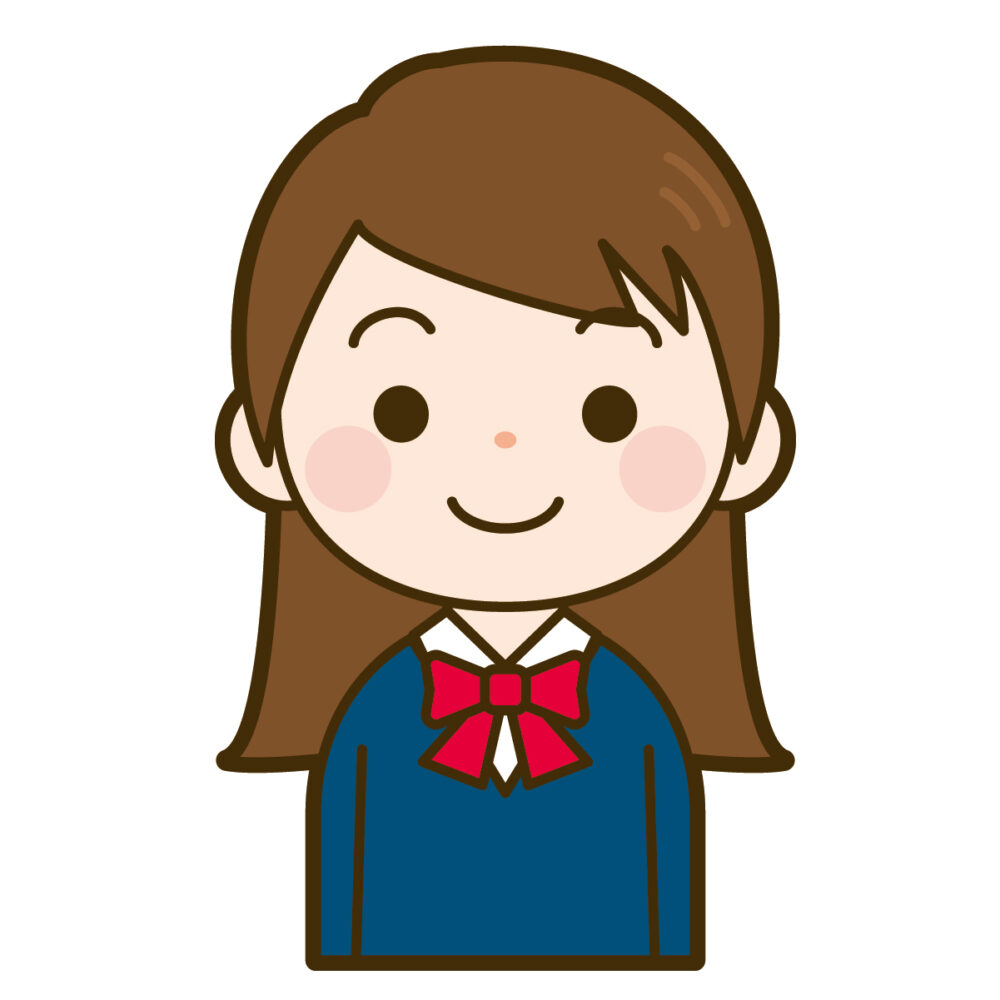The greetings you use depend on the person you are speaking to and the situation.
This page explains various greetings depending on the person and the situation.
When Meeting Someone You Don’t Know
When meeting someone you don’t know, you say “初めまして”.

初めまして。
To express your desire to become good friends in the future, after introducing yourself including your name, say “よろしくお願いします”.

よろしくお願いします。
When Meeting Someone
When meeting someone in the morning, you say “おはようございます”.
You can say this when meeting someone you know or when meeting someone you don’t know, but when meeting someone you don’t know, you sometimes start by saying “初めまして”.

おはようございます。
If you are meeting a family member, a close friend or a close colleague, you say “おはよう”.

おはよう。
When meeting someone during the day, you say “こんにちは”.
You can say this when meeting someone you know or when meeting someone you don’t know, but when meeting someone you don’t know, you sometimes start by saying “初めまして”.
You rarely say this if the person you are meeting is a family member, a close friend or a close colleague.

こんにちは。
When meeting someone at night, you say “こんばんは”.
You can say this when meeting someone you know or when meeting someone you don’t know, but when meeting someone you don’t know, you sometimes start by saying “初めまして”.
You rarely say this if the person you are meeting is a family member, a close friend or a close colleague.

こんばんは。
Many working adults and university students say “お疲れ様です” when meeting a friend or a person from the same company.
It is used as a greeting regardless of whether you are actually tired or not.

お疲れ様です。
If the person you are meeting is a close friend or a close colleague, you also say “お疲れ”.

お疲れ。
When Meeting Someone You Haven’t Seen for a Long Time
When meeting someone you haven’t seen for a long time, you say, “お久しぶりです” or “ご無沙汰しております”.
Both have the same meaning, but “ご無沙汰しております” is more polite.

お久しぶりです。

ご無沙汰しております。
If the person you are meeting is a close friend or a close colleague, you also say “久しぶり”.

久しぶり。
When Saying Goodbye
When saying goodbye to someone, you say “さようなら” or “さよなら”.

さようなら。

さよなら。
If you’re saying goodbye to a family member, a close friend or a close colleague, you say “じゃあね”, “またね”, “また明日” or “バイバイ”.

じゃあね。

またね。

また明日。

バイバイ。
Many working adults and university students say “お疲れ様です” or “お疲れ様でした” when saying goodbye to a friend or a person from the same company. Both have the same meaning.
It is used as a greeting regardless of whether you are actually tired or not.

お疲れ様です。

お疲れ様でした。
If the person you are saying goodbye is a close friend or a close colleague, you also say “お疲れ”.

お疲れ。
When working adults leave before others, they say “お先に失礼します”.

お先に失礼します。
When Saying Thank You
When saying thank you, you say “ありがとうございます” or “ありがとうございました”. They both have the same meaning.
You say this to a person you know and a person you don’t know.

ありがとうございます。

ありがとうございました。
When saying thank you to a family member, a close friend or a close colleague, you say “ありがとう”.

ありがとう。
When someone thanks you, you respond with “どういたしまして”.

どういたしまして。
When someone thanks you, if it’s a family member, a close friend or a close colleague, you likely reply “いえいえ”.

いえいえ。
When Apologizing
When apologizing, you say “ごめんなさい”, “すみません”, “申し訳ありません” or “申し訳ございません”.
They all mean the same thing, but “すみません” is more polite than “ごめんなさい”.
“申し訳ありません” is more polite.
“申し訳ございません” is the most polite.
When you want to politely apologize such as when you have caused trouble to a customer at work, you say “申し訳ございません”.
You say this to a person you know and a person you don’t know.

ごめんなさい。

すみません。

申し訳ありません。

申し訳ございません。
When apologizing to a family member, a close friend or a close colleague, you say “ごめん”.

ごめん。
When someone apologizes to you, if it’s a family member, a close friend or a close colleague, you reply “いえいえ”.

いえいえ。
Before Eating/After Eating
Before eating, you say “いただきます”

いただきます。
After eating, you say “ごちそうさまでした”, “ごちそうさまです” or “ごちそうさま”.
They all mean the same thing, but “ごちそうさまでした” and “ごちそうさまです” are more polite ways of saying it.

ごちそうさまでした。

ごちそうさまです。

ごちそうさま。
When Leaving Home/When Coming Home
When leaving home, you say “いってきます”, and the person you’re saying this to replies with “いってらっしゃい”.

いってきます。

いってらっしゃい。
When coming home, you say “ただいま”, and the person you’re saying this to replies with “おかえりなさい” or “おかえり”. Both have the same meaning.

ただいま。

おかえりなさい。

おかえり。
When Going to Bed
When going to bed, you say “おやすみなさい” or “おやすみ”. They both mean the same thing.

おやすみなさい。

おやすみ。
When Asking Someone a Question/Making a Request
When asking someone a question or making a request, you say “すみません”.
You also say “すみません” when calling a waiter at a restaurant or a store.

すみません。

